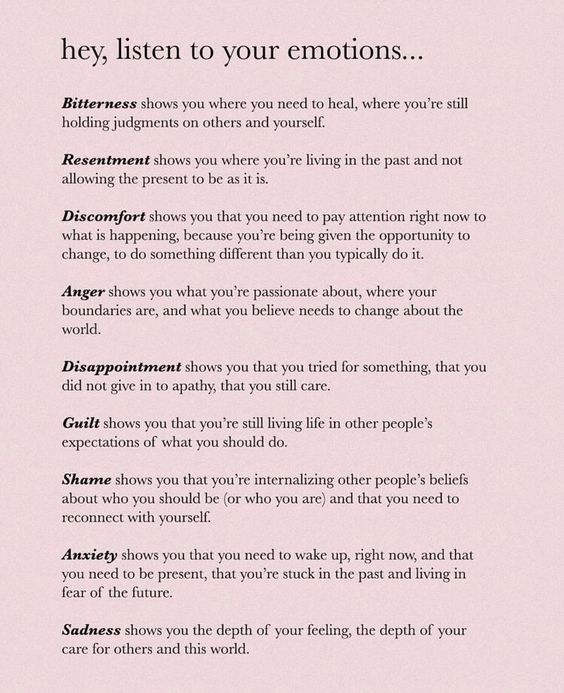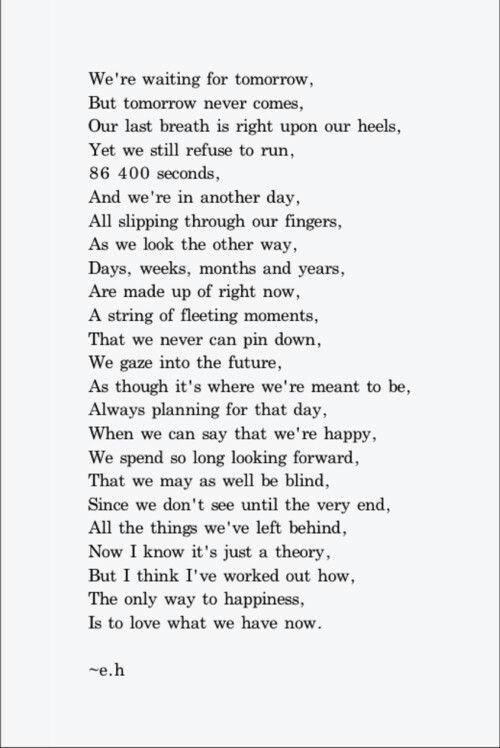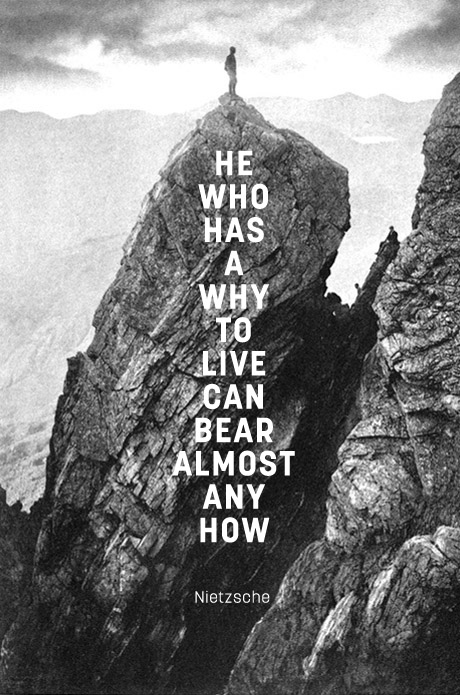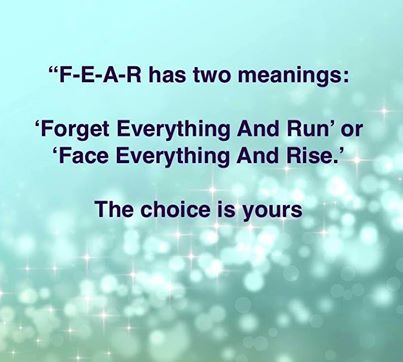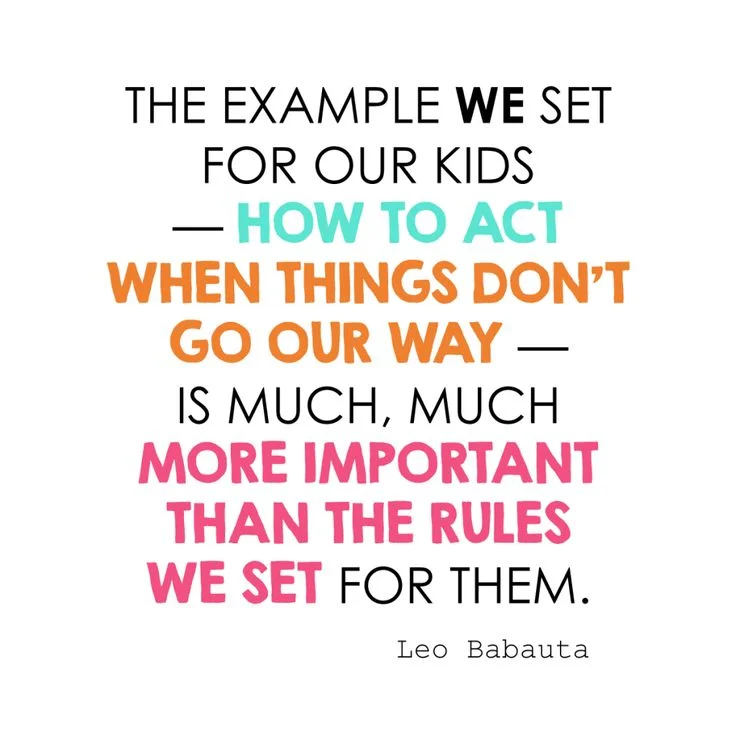When I was a little girl, my grandmother would always tell me when I was discouraged or facing a difficult time, “Life is just peaks and valleys, this too will pass.” The older I’ve grown, the more I’ve come to realize how wise and true that statement really is.
Life definitely has its ups and downs for all of us. We all experience the good “peaks” from time to time like new jobs, relationships, and babies. Then there are the “valleys” we must face—losing loved ones, jobs, or becoming sick or injured. We all have those times that try our patience and test our faith. Life definitely hits in waves and can knock us off our feet, but it is up to us to keep swimming and go with the flow. I firmly believe we have to learn to surrender to what is in order to achieve what could be.
I think having this duality—this mixture of good and bad is what helps us to appreciate and give meaning to our lives. For just as without the blackness of night, we would be unable to see the beauty of stars, this dichotomy helps to shape us and mold our character. Because if life was all sunshine and rainbows all the time, what would we learn?
In other words, it’s the really the bad times we should embrace and be thankful for because they are what helps us to appreciate the good times. It’s a hard lesson to always remember when you’re in the midst of a seemingly negative event, like having cancer, but it’s so incredibly important.
Since the day I found out I had cancer right before my 32nd birthday, I made a silent promise to myself and my family that my story isn’t over yet and I would do everything in my power to have this experience make me BETTER not bitter.
I’m not one for tattoos because of my tendency to pass out with needles, but if I were to get one it would incorporate the phrase “WARR;OR.” The semicolon in replace of the “I” in the word warrior would be to pay tribute to Project Semicolon to honor my battles with cancer and bipolar disorder.
To me, a warrior is an individual with incredible strength who is extraordinarily brave. These individuals fight difficult battles and endure terrible pain. Even though a warrior is strong and brave, sometimes the battles and pain they endure cause them to fall, but only for a brief moment. Warriors may fall, but they always get back up and keep fighting.
I believe we each have an insurmountable strength and exceptional bravery deep inside of us. Every time we choose to do something extremely brave or strong, we are a warrior.
This is especially true for those among us with mental illness, who fight a difficult battle every day, enduring pain of the body, mind, and spirit. We are strong and brave and yet sometimes the battles we fight and the pain we feel causes us to fall— but only for a short time. Still, because we are warriors, we get back up and keep fighting.
With mental illness, we fight every day to get out of bed, take care of our bodies and protect our minds from the torpedo of emotion brought on by disorders. We fight for control over our lives when our mental illness tries to take that control away from us.
The battle is exhausting and can leave us feeling weak and tired. Sometimes, the battle seems too grueling, too much for us to handle. It’s those times we warriors fall slightly and contemplate what it would mean to not have to fight anymore.
Many mental health warriors have lost their battle, and many of us sometimes wish we would. Sometimes, we just want to find an end to our suffering. Sometimes, we are too tired to be strong, too broken to be brave. We let our thoughts of giving up consume our strong and capable minds until those thoughts become a battle themselves. Then, we have to fight to stay alive. As we fight for our lives, we look to one little symbol, one small weapon, to give us hope and restore our strength.
The semicolon is our symbol of strength and hope. It is our small weapon against suicidal thoughts and ideation. The semicolon is used when an author chooses not to end a sentence. In our case, the sentence is our life, and we are the writers. We look to the semicolon to remind us we can’t end our sentence and to gain hope and inspiration through its meaning. The semicolon means keep going, don’t give up and don’t stop writing.
Throughout my life, I’ve experienced the polarity of emotions and my existence. I’ve personally been so depressed and hopeless, I’ve contemplated taking my life. I’ve also fought with every fiber of my being to stay on this Earth for my family. In this way, having cancer and bipolar disorder has given me a unique perspective. I know what it’s like to be in so much physical and emotional pain you just want to find peace, even if that means taking your own life. And I know what it’s like to be told in the seemingly prime of your life you might die. I’ve also lost loved ones to suicide.
But I’m here to tell you I’m so happy I kept fighting. And if you happen to be battling demons no one else seems to know about or understand, I’m here to tell you that you are enough, and if you can just hold on a little longer it WILL get better.
You matter. Your story matters. After all, don’t you want to see how your story COULD end? There could be some twists and turns you weren’t expecting. =)
Life surely hits in waves but with the right mentality, we can stand whatever storm comes our way. I believe the key to weathering the storm is to find meaning within the adversity we are facing. As quoted from Dr. Viktor Frankl in my previous post, “We must never forget that we may also find meaning in life even when confronted with a hopeless situation, when facing a fate that cannot be changed. For what then matters is to bear witness to the uniquely human potential at its best, which is to transform a personal tragedy into a triumph, to turn one’s predicament into a human achievement. When we are no longer able to change a situation—just think of an incurable disease such as inoperable cancer—we are challenged to change ourselves.”
For I cannot change that I was born with genes that made me susceptible to developing both cancer and bipolar disorder. It’s just the hand that I was dealt. But I can change my perspective and I can use my journey to hopefully help to ease the burdens of others. I hope my story can show that just because you've been "diagnosed" with something serious like mental illness or cancer, it's not a death sentence. It's just one chapter in your story.
My journey is far from over but today was another “peak” along the way. I found out that my stage 3 Hodgkin Lymphoma has resolved itself after threes months of immunotherapy and two cycles of chemotherapy. I still have several months of chemotherapy left before I finish treatment but I can officially say I’m in remission!
So to all my fellow warriors, keep fighting. Don’t give up. Keep writing your story. You never know what twists, turns or surprise characters may be just around the corner.
Sources:
The Mighty
Project Semicolon
If you need to talk to someone immediately, the National Suicide Prevention Lifeline can be reached at 1-800-273-TALK (8255) and the Crisis Text Line can be reached by texting HOME to 741741.




